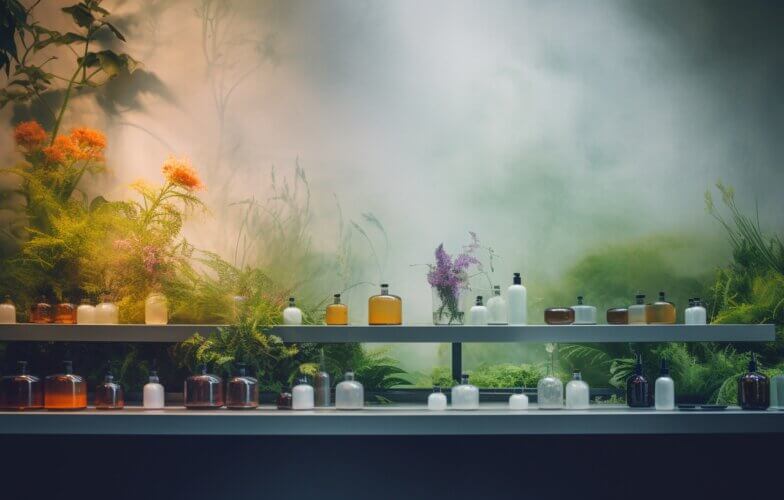
Collab Houses, the New Tiktok Phenomenon
DécryptagesStaying at home had already become cool, but then the Covid health crisis made it imperative, which worked in favor of Tiktok’s move to create “collab houses” to boost the productivity of its influencers.
Providing a playground for Tiktok’s rising Gen Z stars, collab houses are innovating in the world of social media by introducing a form of co-living designed to centralize ideas and increase content output. In line with this strategy, prominent YouTubers, Instagrammers or vloggers with millions of followers are occupying luxurious mansions together and sharing the limelight.
Since the purpose co-living is to increase productivity, strict rules are enforced, as reported by The New York Times. For instance, no partying or alcoholic beverages are allowed. The ultimate objective is to gain visibility thanks to 15-second videos that Tiktok influencers post on their personal account or the official house account.
Competing for views
More and more creative digital natives and Tiktok influencers are emerging, reflecting the younger generation’s desire to connect with each other using more interactive, inclusive entertainment formats, such as the Tiktok 15-second clip.
Massive flows of content transit via this popular social media platform, making it difficult to attract and hold followers. For Tiktok influencers, this type of 2.0 co-living not only generates collective motivation that will boost their creativity and influence, but also provides psychological and emotional support as they compete for views.
The first collab house in Los Angeles, Hype House, established in November 2019 by two rising Tiktok stars Thomas Petrou and Chase Hudson, is home to 19 Tiktok celebrities with hundreds of millions of followers between them. The hashtag #hypehouse has scored more than 2.2 billion views on the app.
The second creative collective, Sway House LA, much less publicized than Hype House, competes with its predecessor, but also helps achieve greater visibility for both houses, whose members hang out together when away from home to accelerate the buzz and increase media coverage. The idea is to further enlarge the empire of these social media deities whose aura seems to know no limits.
A new age for influencer marketing?
These initiatives have not gone unnoticed. Several collectives more oriented towards diversity and inclusion (e.g. Melanin Mansion, Cabin Six and Diversity University) have discussed creating their own collab houses in Los Angeles.
Furthermore, in early March, Rihanna announced the creation of an incubator called Fenty Beauty House that will have TikTok influencers promoting brand products. This is proof that the concept is shifting from entertainment to influencer marketing (cf. NellyRodi’s article « Tiktok Business »).
In France, the trend is being imported. Last year, two French Twitchers, Kotei and Kameto, announced that they would be opening Bro House in Marseilles. In addition, plans are under consideration for the first French collab house. At the end of May, nine French TikTokers spent a weekend in a Paris mansion to test the creative possibilities of co-living and, depending on the venture’s success, consider starting a collab house of their own in France.
TikTok, a big winner of lockdown
The Covid-19 crisis revealed the role played by the GAFAM in our lives also benefited TikTok. In a period marked by social distancing and lockdown restrictions, communities all over the world were more drawn to entertainment platforms. In November 2019, the application was downloaded 1.5 billion times. By end April, it had exceeded two billion downloads and, according to the marketing agency Obviously, its engagement rate was up by 27% for February-March, an indication that TikTok has the potential to expand its horizons.
The current trend in favor of JOMO (the joy of missing out) and staying home – fostered by user convenience (e.g. Uber Eats, Netflix and home office systems) – is conducive to the concept of collaborative houses. The New York Times reported that lockdown did not significantly impact the performance of these collectives, apart from the fact that preventive measures had to be adopted. On the contrary, it created more demand for entertainment, i.e. more content from Tiktok influencers, thereby enhancing their influence.
Cover image credit: © Hype House @petroutv



